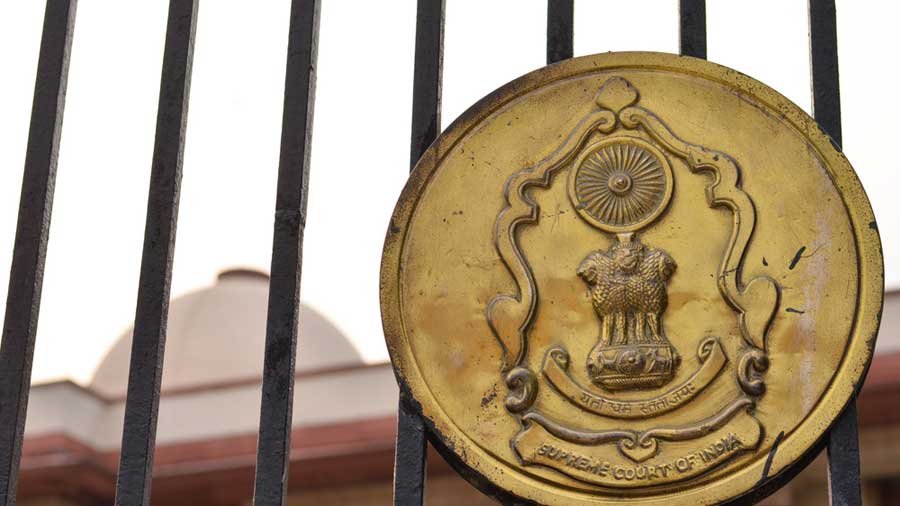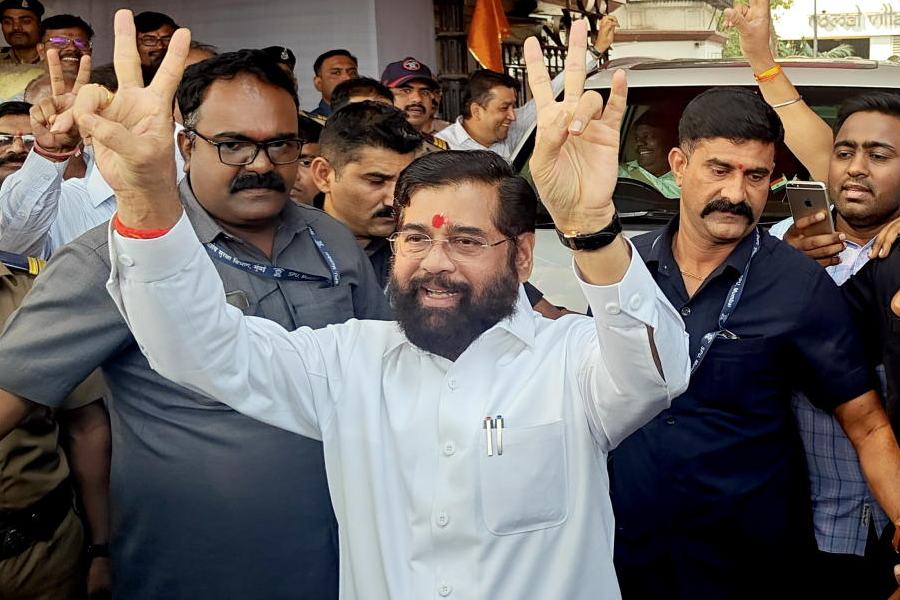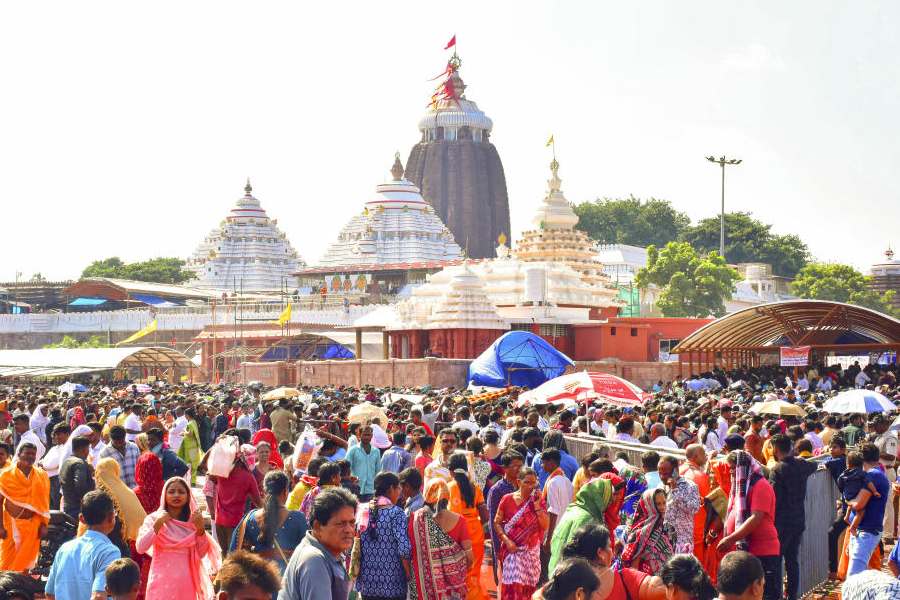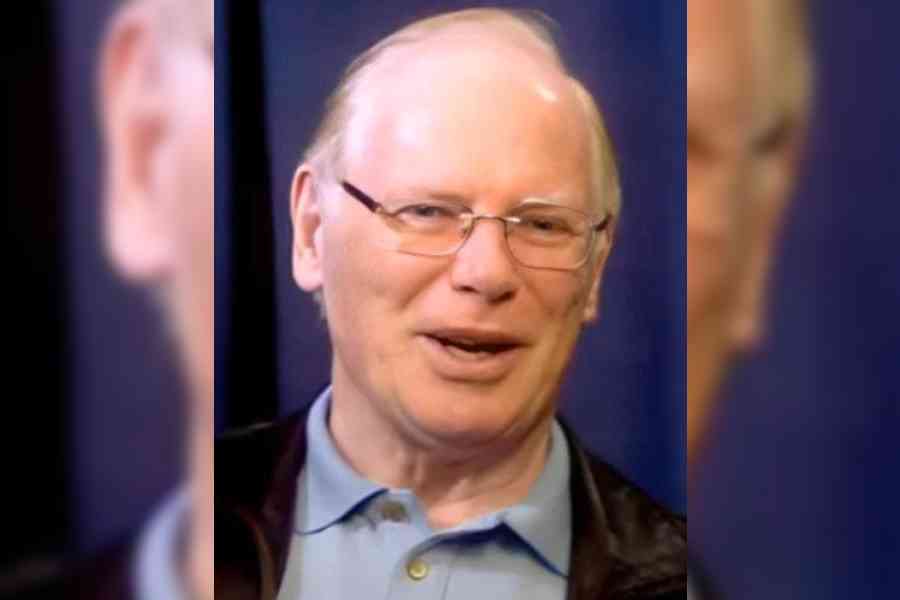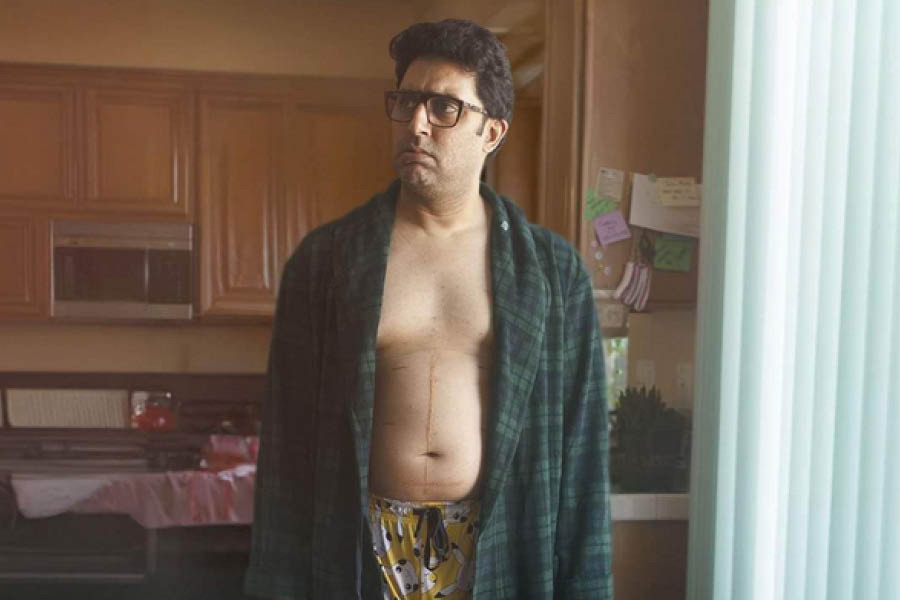A five-judge constitution bench on Thursday ruled that there can be classification and preferential treatment within the Scheduled Castes and Scheduled Tribes so that the more backward among them have better access to reservation in education and jobs.
The relatively better-off members appear to have “usurped” the benefits, defeating the very purpose of reservation to remove the disparities, the court said.
The bench led by Justice Arun Mishra, however, referred the matter to a seven-judge or still larger bench for laying down the law on the subject as another five-judge bench of the apex court had in 2005 taken a contrary view that no such classification can be done.
The apex court bench said on Thursday: “In our opinion, it would be permissible… to make such sub-classification to provide benefit to all to bring equality, and it would not amount to exclusion from the list as no class (caste) is deprived of reservation in totality.”
The court noted that if the quota benefits are “permitted to be usurped by a few who are adequately represented, have advanced and belong to the creamy layer”, then it would “tantamount to creating inequality, whereas in case of hunger every person is required to be fed and provided bread”.
“The entire basket of fruits cannot be given to the mighty at the cost of others under the guise of forming a homogenous class.”
In 2014, a three-judge bench had referred the matter to a larger bench as it felt that the 2005 five-judge bench verdict needed to be revisited as it did not properly interpret a nine-judge bench ruling in 1992 on the issue.
If there is a conflict of opinion between benches of similar strength, only a larger bench can overrule it.
Trickle-down
On Thursday, the bench that also had Justices Indira Banerjee, Vineet Saran, M.R. Shah and Aniruddha Bose said: “The million-dollar question is how to trickle down the benefit to the bottom rung; reports indicate that the benefit is being usurped by those castes who have come up and (have been) adequately represented. It is clear that caste, occupation and poverty are interwoven.
“The State cannot be deprived of the power to take care of the qualitative and quantitative difference between different classes to take ameliorative measures.”
The bench relied on the nine-judge bench ruling in 1992 that said the “creamy layer concept” for exclusion of benefit can be applied to the SCs and STs and it does not in any manner tinker with the presidential list under Articles 341 or 342 of the Constitution. The Articles mandate that only Parliament can include or exclude any caste/communities from the list of SC/STs by bringing a notified list.
“The caste or group or subgroup continued exactly as before in the list. It is only those persons within that group or subgroup, who have come out of untouchability or backwardness by virtue of belonging to the creamy layer, who are excluded from the benefit of reservation,” the bench said.
“Reservation was not contemplated for all the time by the framers of the Constitution. On the one hand, there is no exclusion of those who have come up, on the other hand, if subclassification is denied, it would defeat right to equality by treating unequal as equal….
“The scavenger class given the name of Balmikis remains more or less where it was, and so on, disparity within the Scheduled Caste is writ large from various reports,” Justice Mishra, who authored the judgment, said.

